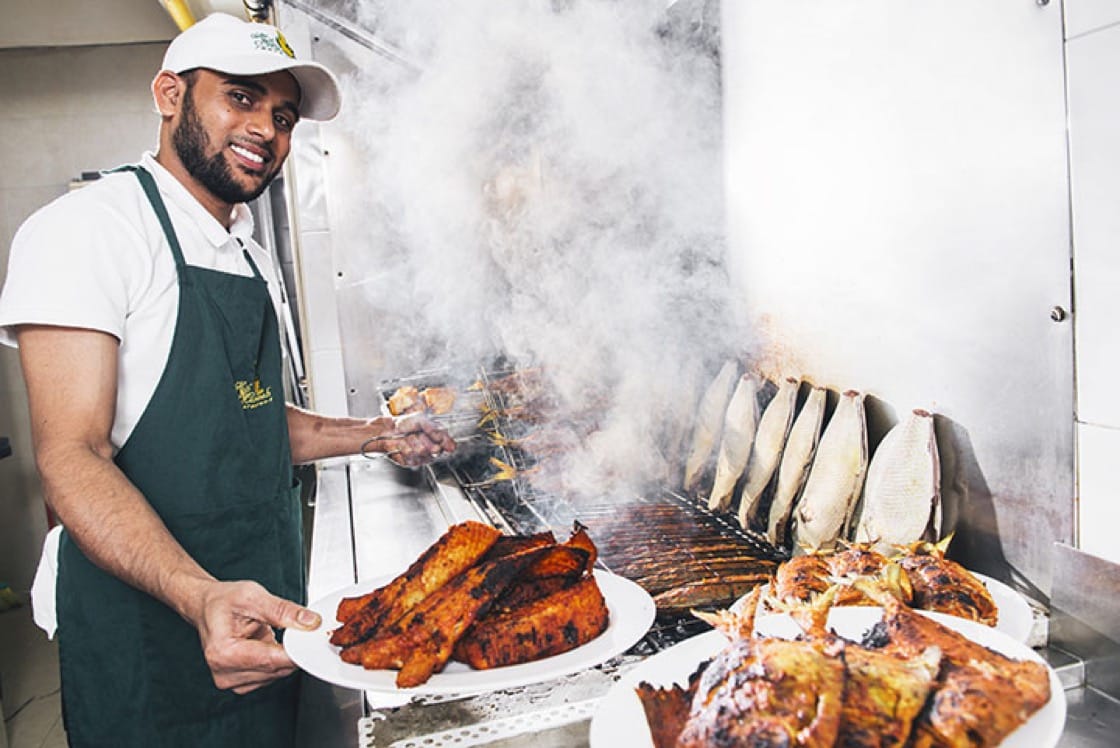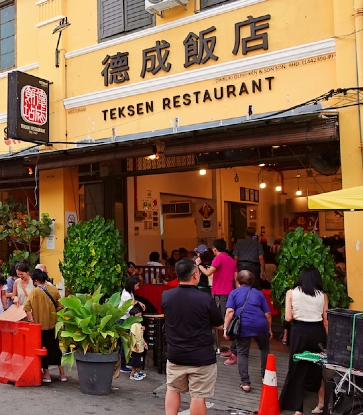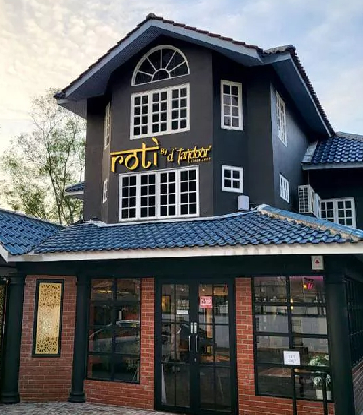Locally sourced sustainable seafood, premium ingredients, a charcoal grill, and labour-intensive dishes that take up to five hours to make. Such ideas are what one would associate top end restaurants with but for casual nasi padang eatery Hjh Maimunah (Hjh is pronounced ‘Hajah’), these are the basic requirements for sticking to tradition.
That’s because some of the dishes they serve have to be slow-braised - often from as early as 2am - and taking shortcuts just won't do the recipes justice. Other dishes, meanwhile, require produce sourced from around the region, which – surprise, surprise – can cost more than European imports. We sit down with Hjh Maimunah's founder, Madam Mahiran Abdul Rahman, and her son Ismail Didih for the full picture.
Where:11 Jalan Pisang, Singapore 199078
Tel: 6297 4294

Hjh Maimunah Restaurant was founded in 1992 by Madam Mahiran Abdul Rahman. She started with recipes from her late mother, and later grew the menu to include over 40 types of dishes over the years as the cooks she hired brought new ideas on board.
Today, the company has two outlets with an additional food catering arm. It's also in a transitional phase as Madam Mahiran is passing the torch to her children after managing the business for close to three decades.
As with every generational changeover, new ideas are percolating – from consolidating the business and growing its internal working culture to newfangled ones like delivery options and new spin-offs. But first, says her son Ismail Didih, comes the process of learning the ropes. “Hjh Maimunah has many moving parts and there’s a lot of things we’ve yet to learn from our parents,” explains the 31 year old, who has an MBA. “We need to learn from them how they maintain the product and the service while meeting the challenges of manpower, rent and people’s expectations before we expand.”

Hjh Maimunah was named after Madam Mahiran’s late mother who bought the Jalan Pisang shophouse back in early 1990s. But prior to a brick and mortar space, her company took the long route to getting to where it is. It first started out, for instance, as a Middle Eastern-based catering service for Hajj travelers.
“But that happens only once a year,” says Madam Mahiran, admitting it was a big drawback for her. “So we decided to venture out and do a small café.”
That small café was at the now-defunct Pidemco Centre. The recipes she used back then are still in use now, but on a larger scale. So large, in fact, that she’s had to introduce a central kitchen to cook five of the most time-consuming traditional recipes. After all, what was once just a small cafe has turned into a brand with two eateries and a popular catering service feeding thousands every day. “We can’t use our stove in the kitchens for five hours just to make one dish.”
That one dish Madam Mahiran refers to is the sambal goreng pengantin – an offal dish made by simmering beef lungs and liver until they are tender, and then cut up into cubes and stir-fried in a rempah mix with fresh prawns.

This is just one example of the family’s commitment to quality produce. The ethos extends to the rest of their market list of ingredients, from spices like cardamom and star anise to vegetables. Only the Brastagi variety of potatoes, for instance, are used to make bergedil (fried potato patties). Despite hailing from nearby Indonesia, it costs as much as three times more than its gourmet counterparts from Europe.
The ayam bakar (pictured in banner above) is another must-try signature. It’s first simmered in the rempah and then finished over charcoal for that bitter after note.
“When a dish runs out, we can’t just make it on the spot,” says Madam Mahiran. “Some dishes, you just cannot rush.”























